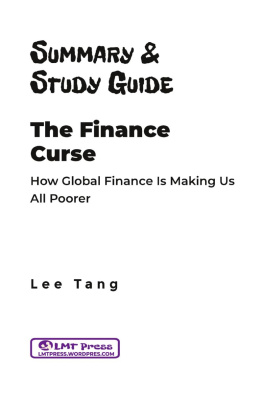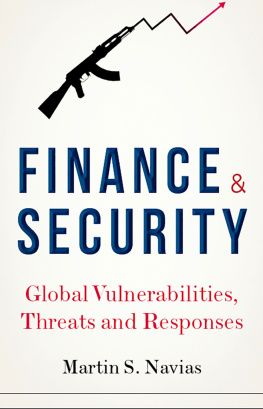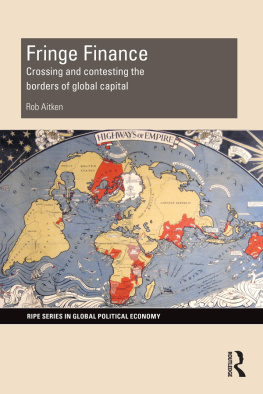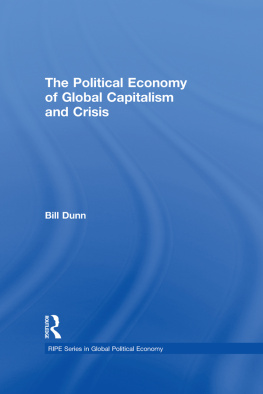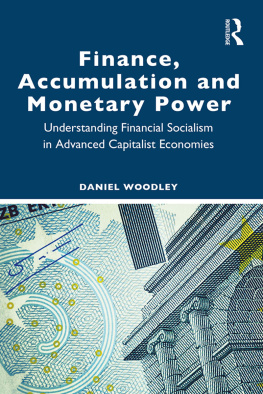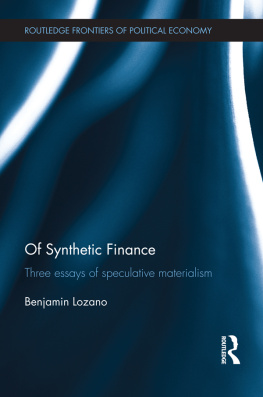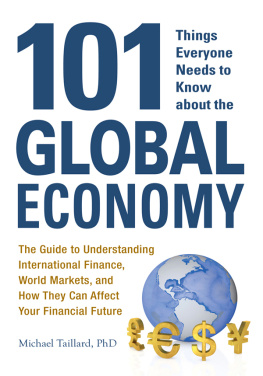SAGE Publications Ltd
1 Olivers Yard
55 City Road
London EC1Y 1SP
SAGE Publications Inc.
2455 Teller Road
Thousand Oaks, California 91320
SAGE Publications India Pvt Ltd
B 1/I 1 Mohan Cooperative Industrial Area
Mathura Road
New Delhi 110 044
SAGE Publications Asia-Pacific Pte Ltd
3 Church Street
#10-04 Samsung Hub
Singapore 049483
Sarah Hall 2018
First published 2018
Apart from any fair dealing for the purposes of research orprivate study, or criticism or review, as permitted under the Copyright, Designs and Patents Act, 1988, this publication may be reproduced, stored or transmitted in any form, or by any means, only with the prior permission in writing of the publishers, or in the case of reprographic reproduction, in accordance with the terms of licences issued by the Copyright Licensing Agency. Enquiries concerning reproduction outside those terms should be sent to the publishers.
Library of Congress Control Number: 2016960007
British Library Cataloguing in Publication data
A catalogue record for this book is available from the British Library
ISBN 978-1-4739-0593-1
ISBN 978-1-4739-0594-8 (pbk)
Editor: Robert Rojek
Editorial assistant: Catriona McMullen and Matt Oldfield
Production editor: Katherine Haw
Copyeditor: Neville Hankins
Indexer: Judith Lavender
Marketing manager: Susheel Gokarakonda
Cover design: Stephanie Guyaz
Typeset by: C&M Digitals (P) Ltd, Chennai, India
Printed in the UK
In this rich and compelling text, Sarah Hall delves into the evolution of the financial services industry since the 2008 financial crisis. The narrative is systematic and embedded in the history of the Bretton Woods era, providing a thorough introduction to the world of finance for students and general audiences. At the same time, Halls skilful analysis of contemporary spaces and subjects provides new insight into the cultural economy of global finance and will appeal to scholars and practitioners of finance alike.
Janelle Knox-Hayes, Professor of Economic Geography and Planning, MIT
Sarah Halls indispensable text illuminates the places, spaces and people of global finance. It explores established and emerging banking centres, the shadowy worlds of offshore havens and the daily enmeshment of almost everyone into the complexities of financial markets. Grounded in a cutting-edge reading of critical cultural economy, the book will be a major point of reference for students and scholars of global finance who are dissatisfied with the complacent, uncritical, Anglocentric and mathematics-driven accounts that dominate the disciplines of economics and finance.
Leo McCann, Professor of Organisation Studies, Alliance Manchester Business School, University of Manchester
More than ever, individuals, households and firms across the globe now have become entangled into global financial networks: as producers and consumers, financial elites and financial subjects. This book by Sarah Hall convincingly shows how the financial system far from being a placeless space of monetary flows is made and transformed in established and new financial centres, and illustrates the consequences experienced by different groups of people and in different places included in or excluded from the system.
With Global Finance, Sarah Hall has produced an excellent and comprehensive, long overdue account of financial market-making and increasingly financialised real economies. This book grounded in a critical cultural economy approach provides a masterful and rich analysis of the places, spaces and people that (re-)produce global financial networks and those that are affected by their operations in variegated ways. It should be essential reading for any student and academic interested in the geographies of finance, but will also appeal to a much broader audience interested in how the modern, financialised economy and its (il)logics came about and the ways in which it impacts on the everyday lives of people across the world.
Martin Hess, Senior Lecturer in Human Geography, University of Manchester
The world of finance continues to be a dynamic and rapidly changing institutional and spatial environment. This book is a state-of-the-art and fascinating analysis of the locational and relational geography of finance and its associated markets, networks and centres. It offers a contemporary and forward looking critique that will be of relevance to all those with an interest in global finance.
Robert Huggins, Professor of Economic Geography, Cardiff University
An insightful exposition and sympathetic critique of the cultural economy approach to finance, demonstrating clearly how places, spaces and people matter in the production and reproduction of global financial markets. Richly illustrated and clearly structured, it should be a great resource for students and scholars of financial geography and finance in general. Financial Geography has been waiting for a single-authored, accessible textbook-like work for a long time!
Dariusz Wjcik, Professor of Economic Geography, Oxford University and Chair of the Global Network on Financial Geography www.fingeo.net
Sarah Halls Global Finance is an outstanding guide through the world of financial centres, capital flows and financial elites. Using a cultural economy approach, Hall succeeds in laying barre what has remained hidden for even the best-informed insiders.
In the first part of her book, she uses a political economy lens to describe the transformations in global finance after the demise of the Bretton Woods settlement. The second part focuses on the remaining importance of place even in an age of digitalized finance. Through discussions of how London has reproduced its top position, how Singapore and Hong Kong have wriggled their way into the top spots and how offshore centres have changed their outlook in response to new regulation, the new discipline of financial geography is shown to be a crucial part of global finance. The third part finally zooms in on the importance of elites for the production and reproduction of global finance. Next to a discussion of the infrastructure needed for the making of financial elites, Hall also zooms in on the production of financial subjects among the mass of consumers of financial products as well as how this reproduces and furthers existing socio-economic inequalities.
All in all, Hall has succeeded in bringing together state of the art research to open up an empirical field which, as the 2008 financial crisis has amply demonstrated, is way too important to leave to insiders. Given its clarity and its sophistication, I hope this book will become a crucial textbook for the training of the next generation of financial geographers.







